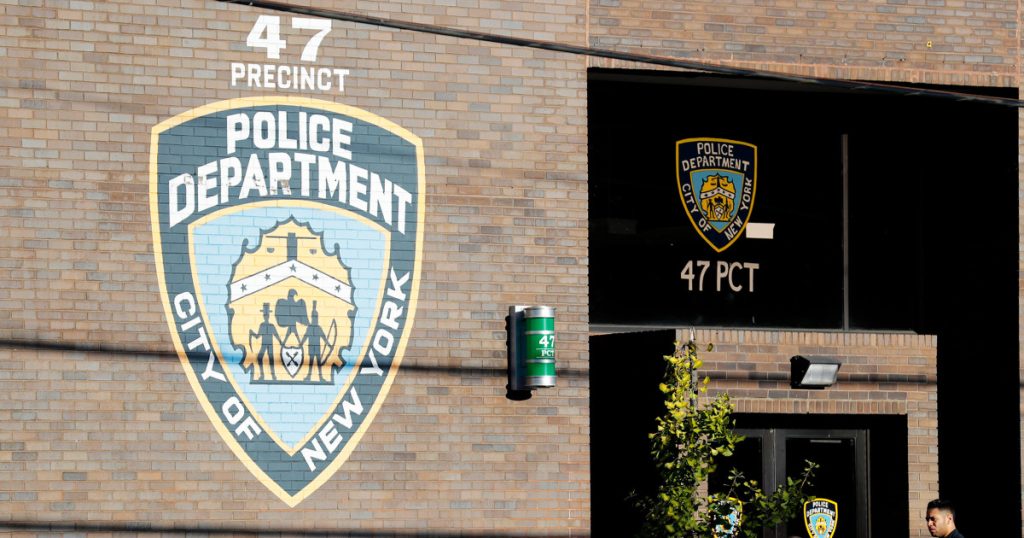New York City has agreed to a $17.5 million settlement in a lawsuit filed by two Muslim women, Jamilla Clark and Arwa Aziz, who were forced to remove their head coverings when they were arrested. The class-action lawsuit, filed in 2018, claimed that the women felt shamed and exposed when they were forced to remove their hijabs. Clark expressed feeling as if she were naked and violated when she was forced to take off her hijab, and is proud to have played a role in getting justice for thousands of New Yorkers. Clark was arrested on January 9, 2017, and Aziz was arrested on August 30, 2017.
The lawsuit stated that police officers threatened to prosecute Clark if she did not remove her head covering after being arrested for violating a protective order filed by her abusive former husband. Aziz, who was also arrested due to a similar protective order, felt broken when her picture was taken in front of male police officers and inmates. City officials initially defended the practice of forcing individuals to remove head coverings for mug shots, citing the balance between respecting religious customs and the need for arrest photos. However, the police department changed the policy in 2020 as part of an initial settlement of the lawsuit, allowing arrested individuals to keep their head coverings on for mug shots with limited exceptions.
The financial settlement, filed on Friday, requires approval from Judge Analisa Torres of Manhattan federal court. City law department spokesperson, Nick Paolucci, stated that the settlement led to a positive reform within the police department and was in the best interest of all parties involved. O. Andrew F. Wilson, a lawyer representing the women along with the Surveillance Technology Oversight Project, likened forcing someone to remove their religious clothing to a strip search. Wilson also stated that the substantial settlement acknowledges the harm to the dignity of individuals who wear religious head coverings when they are forced to remove them.
The proceeds from the settlement will be shared among approximately 4,100 eligible class members. The case highlights the importance of respecting religious customs and the rights of individuals, especially during arrest procedures. The settlement also signifies a significant step towards reform within the police department and serves as a reminder of the impact of policies that violate the religious rights and dignity of individuals. The case also sheds light on the ongoing challenges faced by marginalized communities, particularly Muslim women, who experience discrimination and violations of their religious freedoms. Ultimately, the settlement represents a victory for the women involved and serves as a catalyst for broader change in ensuring respect for religious customs and the protection of individual rights.


